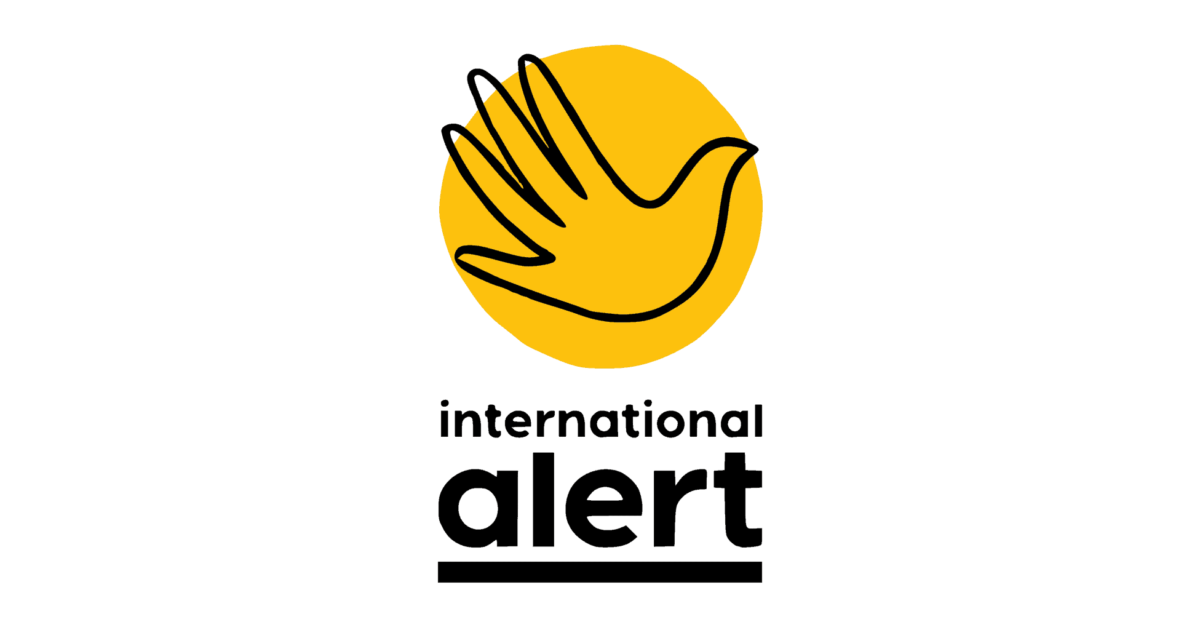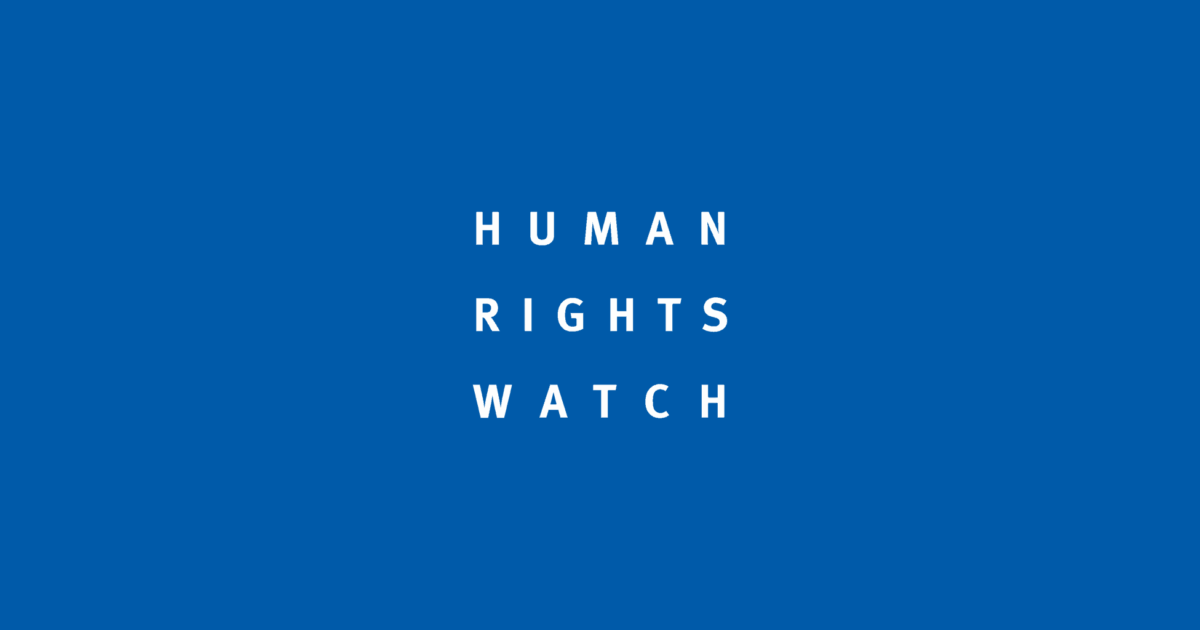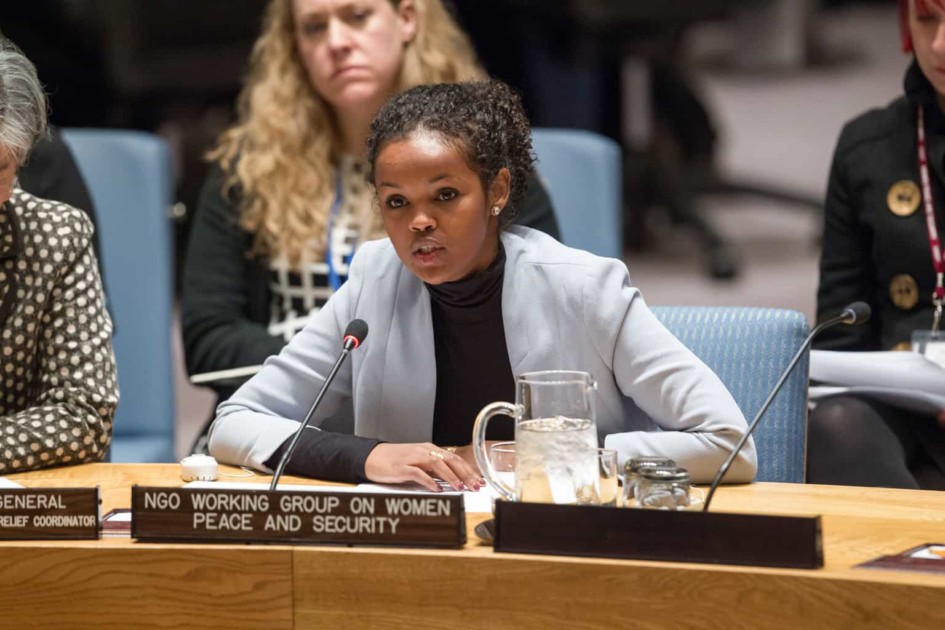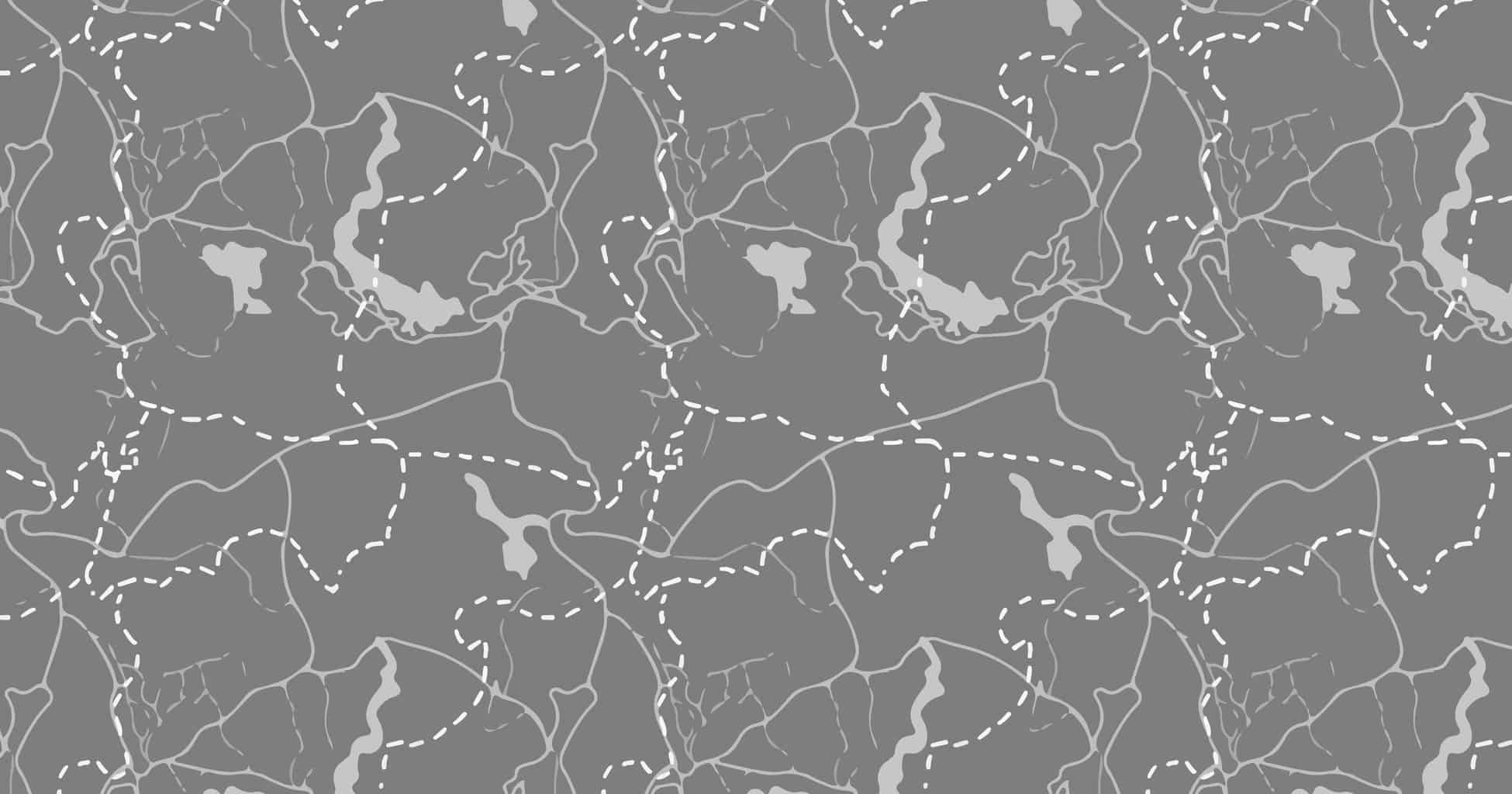Somalia
Somalia’s long-running armed conflict has been characterized by extremism, sectarian political violence, complex humanitarian crises, and piracy, and women have been disproportionately at risk of death and as targets of sexual and gender-based violence and displacement.
Based on the work of NGOWG members and their partners, the NGOWG advocates for women’s political participation, women’s meaningful and active participation in design and implementation of humanitarian responses, and strengthened mechanisms to prevent and respond to sexual and gender based violence.
Somalia
Somalia’s long-running armed conflict has been characterized by extremism, sectarian political violence, complex humanitarian crises, and piracy. Women have been disproportionately at risk of death, and as targets of sexual and gender-based violence and displacement.
Based on the work of NGOWG members and their partners, the NGOWG advocates for women’s political participation, women’s meaningful and active participation in design and implementation of humanitarian responses, and strengthened mechanisms to prevent and respond to sexual and gender based violence.
Current and Past Recommendations to the UN Security Council (Monthly Action Points)
The latest developments in Somalia require urgent attention from the Security Council, including in its November discussions on sanctions and on piracy, and in its briefing by the Department of Political Affairs. Kenya’s military intervention in Somalia to help root out the armed Islamist group al Shabab risks further insecurity for civilians in Somalia, Somali refugees, and asylum-seekers in Kenya. In IDP camps in South and Central Somalia, including Mogadishu, now mostly controlled by the Transitional Federal Government, women and girls remain at serious risk of sexual and other gender-based violence. The Council is urged to:
- Request a briefing on the protection of civilians, on aerial bombardments, and on acts of sexual violence; and stress that all parties to the conflict in Somalia, including the Kenyan army, take further measures to avoid civilian casualties;
- Demand a prompt, full, impartial, and public investigation into reports of Kenyan aerial bombardments resulting in deaths and injury to civilians, as was well as disrupting relief distribution; and
- Demand rapid responses to allegations of rape and other crimes against women and girls, including care for survivors; and impartial investigations with a view to ensuring justice, including increased support to rebuild the justice system in Somalia.
The latest developments in Somalia require urgent attention from the Security Council, including in its November discussions on sanctions and on piracy, and in its briefing by the Department of Political Affairs. Kenya’s military intervention in Somalia to help root out the armed Islamist group al Shabab risks further insecurity for civilians in Somalia, Somali refugees, and asylum-seekers in Kenya. In IDP camps in South and Central Somalia, including Mogadishu, now mostly controlled by the Transitional Federal Government, women and girls remain at serious risk of sexual and other gender-based violence. The Council is urged to:
- Request a briefing on the protection of civilians, on aerial bombardments, and on acts of sexual violence; and stress that all parties to the conflict in Somalia, including the Kenyan army, take further measures to avoid civilian casualties;
- Demand a prompt, full, impartial, and public investigation into reports of Kenyan aerial bombardments resulting in deaths and injury to civilians, as was well as disrupting relief distribution; and
- Demand rapid responses to allegations of rape and other crimes against women and girls, including care for survivors; and impartial investigations with a view to ensuring justice, including increased support to rebuild the justice system in Somalia.
Relevant Resources









